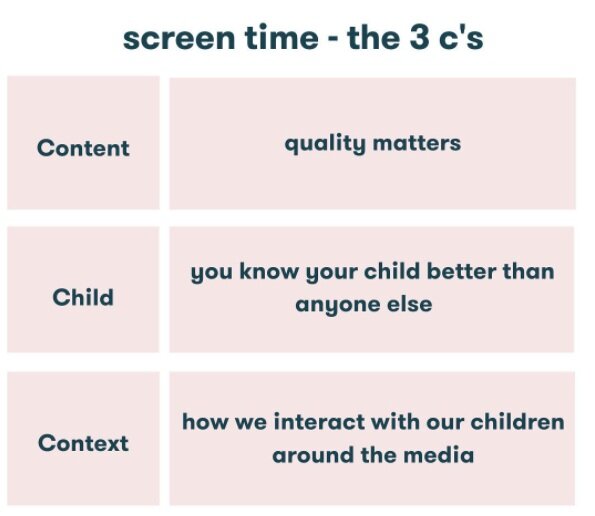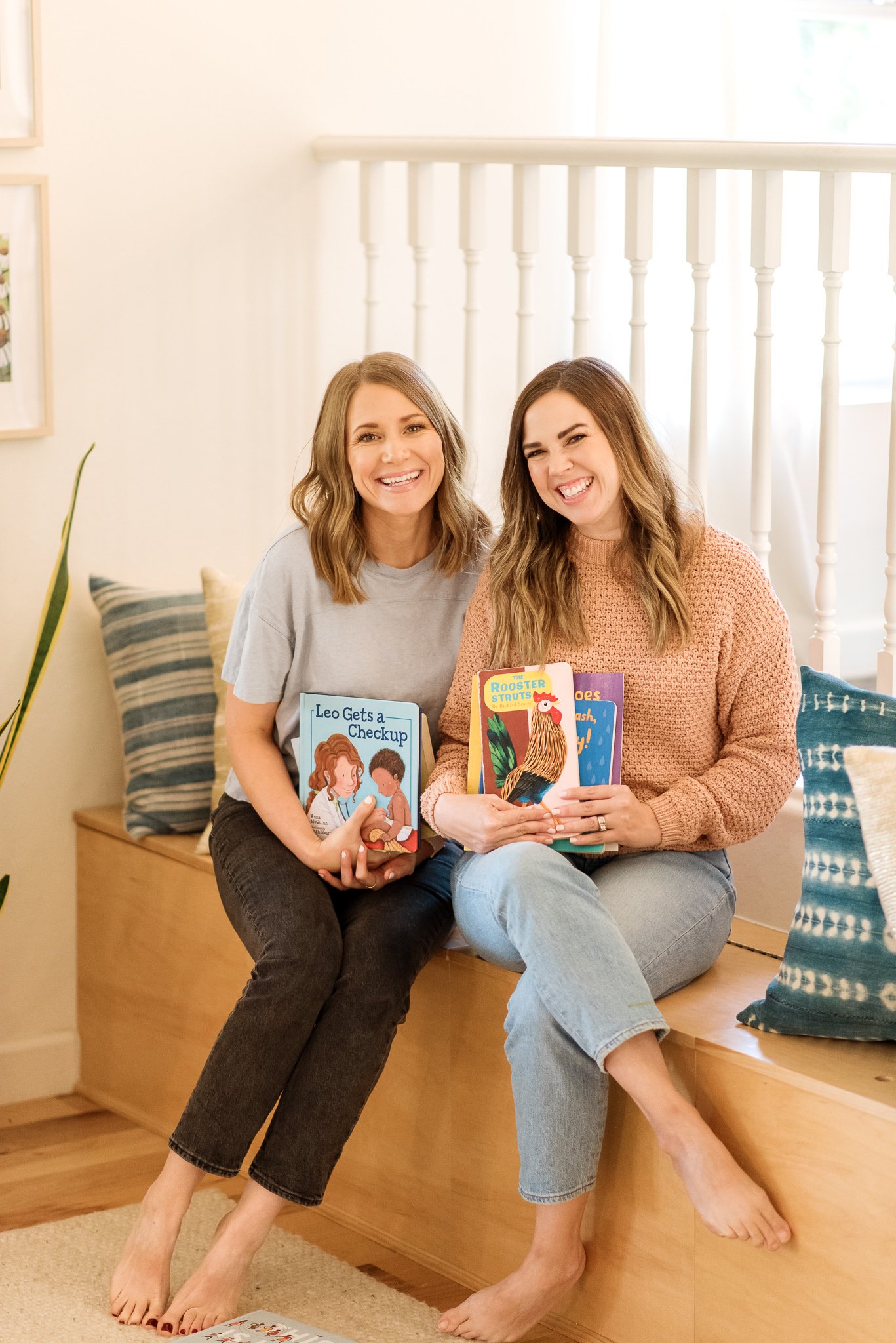10 Speech Therapy-Approved Apps for Toddlers
We’re gonna be honest: Apps for toddlers isn’t our favorite thing to talk about! And that’s just because we want you to know that the simple, low-tech things you do with your child — like talking, singing, reading, and playing — are truly what’s best for language learning.
Toddlers learn to talk and communicate naturally, and best, through face-to-face interactions with responsive adults. They simply can’t properly develop these crucial skills through the use of screens alone. There’s no substitute for the real deal!
That being said, we know you aren’t looking for apps that will completely replace the original, face-to-face communications that help your child so much. And, screens are such a part of life now that we really do have to look for the best options instead of avoiding them altogether. So, we love that families like yours are seeking out quality apps, like apps that help support your toddler’s communication development.
We also want to acknowledge that the use of alternative and augmentative communication (AAC) apps can really help enhance communication for children who are not meeting expressive communication milestones. These apps are specifically designed to help people who may not speak verbally, or speak very little verbally, communicate with others. we’ll write about that more another day, but for now you can read more about that here: What is AAC?
So, let’s get into it: here are 10 high-quality, speech therapy-approved apps that we would recommend for toddlers learning to talk. (Plus, a few more screen time recommendations!)
10 Speech Therapy-Approved Apps
All 5 of these apps are great for toddlers aged 2 and up.
To get the most out of them, co-viewing and participating with your child is ideal. You can narrate what you see on the screen to help them learn new words. Or, you can use the app to spark conversation. If you can, take the experience beyond the app by setting up toys related to the app or reading a book about what they see on the screen!
#1 Peekaboo Barn
Peekaboo Barn takes everyone’s favorite baby and toddler game — peekaboo — and makes it digital! When your toddler plays, cute little animals pop out in a fun and surprising way. They can practice animal names, animal sounds, and saying “hi” and “bye” to the animals. It’s very simple, but can help with practicing functional language.
#2 Toca Tea Party
Toca Tea Party is exactly what it sounds like: a digital tea party! This cute little game lets toddlers invite their friends (likely you or their siblings!) to have tea with them. They can set the table, choose which sweet treats to offer up, and even pour the tea. It sets the scene for real-life connections and fun imaginative play.
#3 Daniel Tiger’s Grr-ific Feelings
If you love and trust the Mr. Rogers show, then you’ll love Daniel Tiger— the show and the app. Episodes of the show follow Daniel as he has new experiences, encounters learning moments, and experiences disappointment. The show has major socio-emotional benefits for young kids, who learn from Daniel and the way he copes with feelings. The app is full of fun games that reinforce the same lessons.
In fact, a 2018 study by the University of South Dakota found that kids who used the Daniel Tiger app alone or paired it with the TV show saw major emotional benefits. Their parents reported “significantly higher levels of emotion regulation,” and noted that their kids used some of the show’s strategies to better manage their big feelings.
#4 Felt Board
We love the Felt Board app because it’s a total blank slate that can inspire creativity and imagination in little ones. With your support, toddlers can create characters, scenes, and tell stories by dragging and dropping felt shapes of different colors and sizes. This would be great for travel because it’s crafty and fun, but it doesn’t require you to keep track of small pieces or stress about making a mess!
#5 Breathe, Think, Do with Sesame
This is a great app for teaching your child to manage emotions and solve problems. When your child plays, they’ll meet a Sesame Street monster with a problem that needs fixing— and big feelings that need to be coped with. Toddlers will help the monster calm down and make clear decisions, and they’ll likely internalize some of the app’s research-based strategies in the process.
#6 Khan Academy Kids
If you only pick one of these apps, this would be our pick. The quality is really good and there are so many options for activities.
#7 Sago Mini Zoo
Wave hi and bye to the animals, practice the sounds they say, and describe what the animals are doing along with this adorable app.
#8 Sago Mini Forest Flyer
This app is great for practicing prepositions and verbs. The bird is in the tree and now he’s jumping in the puddle.
Again, you narrating what’s happening and co-viewing along with your child will have the greatest language learning benefits!
#9 Trucks by Duck Duck Moose
If your little one loves “things that go,” they’ll love this app. They can interact with things like the car wash, the garbage truck, the tow truck, and more!
#10 Ben on the Bus
In this app, Ben takes you and your little one on a fun tour of the city. He visits many places like the vet, a construction site, and a playground. Endless things to chat about!
Screen Time Recommendations for Babies, Toddlers & Preschoolers
When it comes to screen time, personally, we follow the recommendations by the American Academy of Pediatrics and the Canadian Pediatric Society, but of course with a flexible mindset.
We recommend taking a look through them and seeing how they feel for you. Remember, at the end of the day, they are just guidelines. It’s okay to be flexible and give yourself grace.
American Screen Time Recommendations
The American Academy of Pediatrics suggests the following:
Birth to 18 Months: No screen time (other than video chat)
18 to 24 Months: Co-viewing only high-quality programming (if any), and helping children understand what they're seeing
2-5 Years: Co-viewing a maximum of 1 hour of media per day
All ages: Plenty of designated media-free time together
They also recommend taking the time to create a personalized family media plan (and re-evaluating as your child grows and develops).
Canadian Screen Time Recommendations
The Canadian Pediatric Society suggests the following:
Birth to 2 Years: No screen time
2-5 Years: Less than 1 hour per day
All ages: Plenty of daily screen-free time, and avoiding screen time for the hour before bed
The 3 C’s Of Screentime
Another way we like to look at screen time is through the lens of the 3 C’s: content, child, and context.
Because making good screen time decisions is about a lot more than just the amount of time you watch for. It’s also about considering the quality of the content you’re showing, the context you introduce screen time within, and what’s right for your individual family and child.
Virtual Song & Storytime
If you’re in the market for some high-quality screen time, you’ll love our Songs + Stories membership! Think of it as a library song and storytime in your living room! It’s educational, age-appropriate, and it helps to support toddler language development in a fun way. It’s intentional created by us especially for the Wee Talkers community. That's you!



